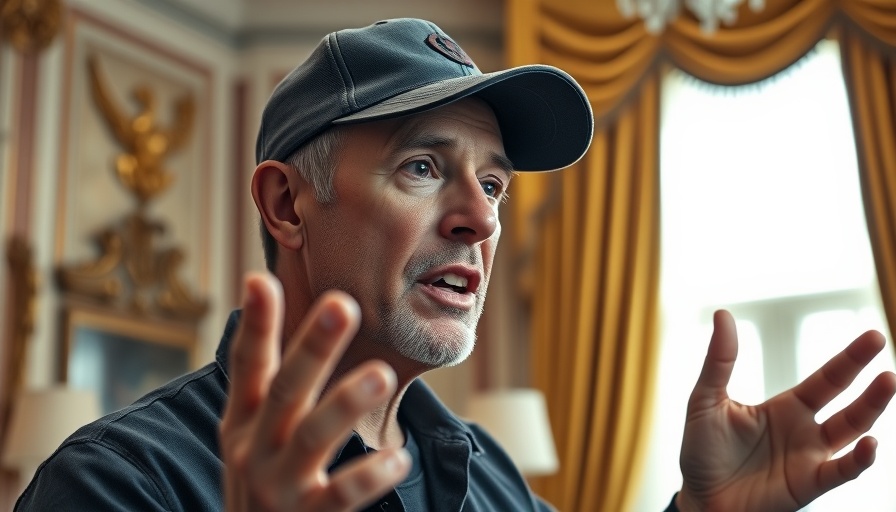
A New Era for Autonomous Vehicles
Elon Musk is making waves in Washington D.C. as he takes on a new role lobbying lawmakers about critical regulations for autonomous vehicles. Following his stint as an adviser to President Trump, Musk is leveraging his influence to advocate for the Autonomous Vehicle Acceleration Act, a significant piece of legislation designed to pave the way for self-driving cars on the roads.
The Future of Tesla and Driverless Technology
Focused on revolutionizing transportation, Musk has positioned Tesla at the forefront of AI and robotics, creating expectations around its autonomous vehicle offerings. With the launch of a geofenced robotaxi service scheduled for Austin this summer, the stakes appear high. The proposed Cybercabs, which will operate without traditional controls like steering wheels or pedals, exemplify Musk’s ambitious vision for a new era in mobility. However, without clear federal guidelines, realizing this vision could be challenging.
The Importance of Lawmakers' Support
Musk's lobbying efforts underscore the necessity for federal standards to support the technology's deployment. As various companies, including Amazon's Zoox and Waymo, also advance in self-driving technology, creating a regulatory framework becomes critical to ensure safety and promote innovation. Lawmakers will need to balance regulatory oversight with fostering an environment conducive to growth, especially as more players enter the market.
A Broader Implication for Technology in Society
While Musk's push for driverless vehicles is centered on convenience and efficiency, it also raises significant questions about data privacy, job displacement, and ethical considerations in AI decisions. The conversation around autonomous vehicles is not only about technology; it touches on how we navigate the intersection of innovation and societal impact. As these discussions unfold, public sentiment and regulatory responses will play a pivotal role in shaping the future of transportation.
 Add Row
Add Row  Add
Add 




 Add Row
Add Row  Add
Add 


Write A Comment